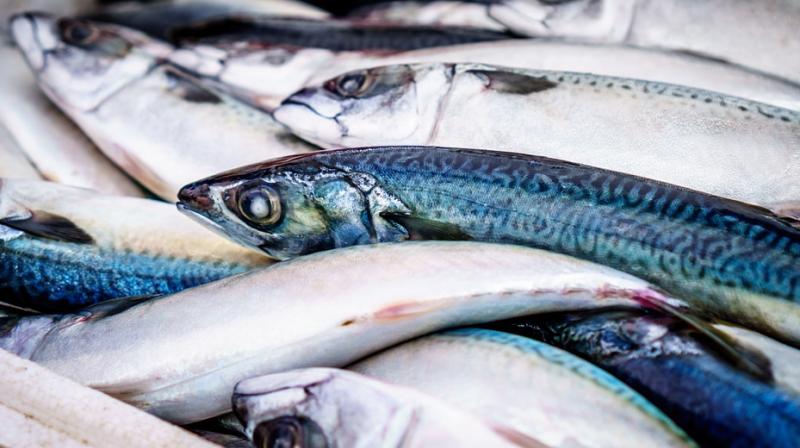10 million tonnes of good fish wasted annually
Find out why.

Industrial fishing fleets dump nearly 10 million tonnes of good fish back into the ocean every year - enough to fill about 4,500 Olympic sized swimming pools - a study has found. Researchers from University of British Columbia in Canada and the University of Western Australia found that almost 10 per cent of the world's total catch in the last decade was discarded due to poor fishing practices and inadequate management.
"In the current era of increasing food insecurity and human nutritional health concerns, these findings are important," said Dirk Zeller, professor at the University of Western Australia. Fishers discard a portion of their catch because fishing practices damage the fish and make them unmarketable, the fish are too small, the species is out of season, only part of the fish needs to be harvested - as with the Alaska pollock roe - or the fishers caught species that they were not targeting, something known as bycatch.
"Discards also happen because of a nasty practice known as high-grading where fishers continue fishing even after they've caught fish that they can sell," said Zeller. "If they catch bigger fish, they throw away the smaller ones; they usually can't keep both loads because they run out of freezer space or go over their quota," he said.
The study, published in the journal Fish and Fisheries, examined the amount of discarded fish over time.
In the 1950s, about five million tonnes of fish were discarded every year, in the 1980s that figure grew to 18 million tonnes. It decreased to the current levels of nearly 10 million tonnes per year over the past decade. The decline in discards in recent years could be attributed to improved fisheries management and new technology, but researchers said that it may also be an indicator of depleted fish stocks.
Catches have been declining at a rate of 1.2 million tonnes of fish every year since the mid-1990s, researchers said. "Discards are now declining because we have already fished these species down so much that fishing operations are catching less and less each year, and therefore there's less for them to throw away," he said.
The study also shows how industrial fleets move to new waters once certain fisheries decline. "The shift of discards from Atlantic to Pacific waters shows a dangerous trend in fisheries of exporting our fishing needs and fishing problems to new areas," said Tim Cashion, University of British Columbia.

